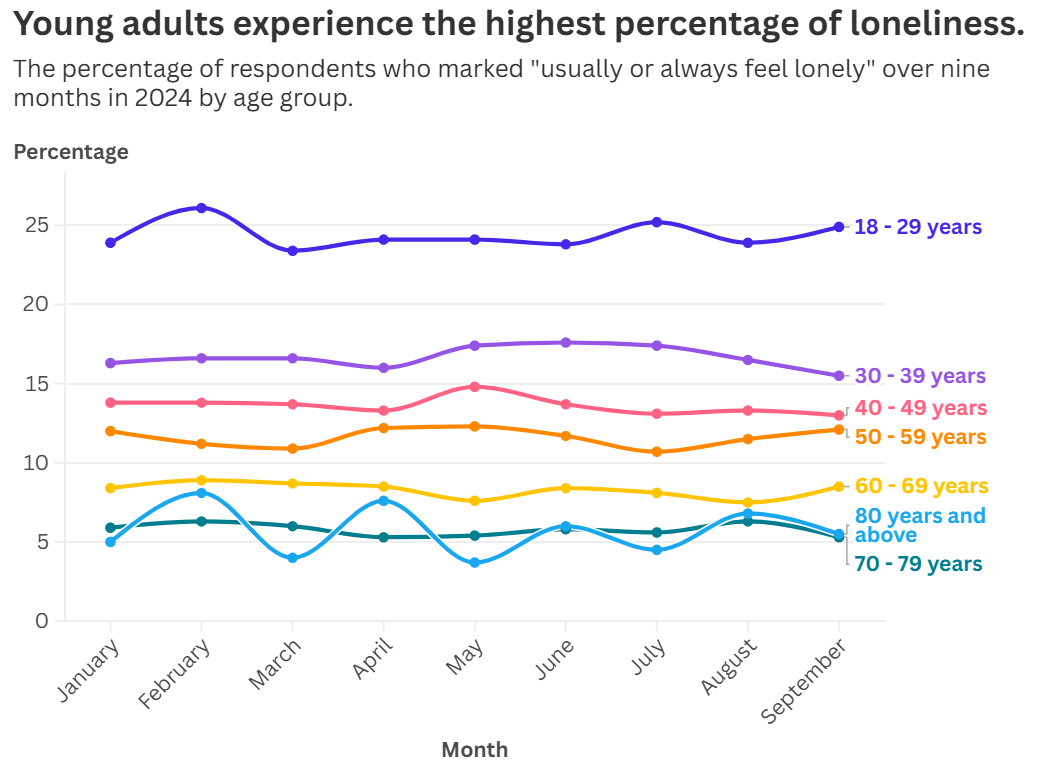The 2024 election results will usher in a new Republican-controlled government next year, which will have the power and responsibility to decide the fate of top issues in college sports.
Starting in January 2025, the Republican Party will control all three branches of government. Donald Trump (R.) won the presidential election; Republicans secured a majority in both chambers of Congress; and Republican presidents appointed six of the nine current Supreme Court Justices. While college sports will not likely be their first priority, these government officials are responsible for deciding many NCAA-related issues, especially in the new revenue-sharing era.
Background
On Oct. 7, 2024, the NCAA agreed to a proposed settlement in the class-action suit House v. NCAA that would revolutionize the way Division I schools like Northwestern share their athletic revenue with student-athletes. The settlement, which received preliminary approval in the U.S. District Court for the Northern District of California, intends to address allegations by Division I college athletes claiming the NCAA’s rules prohibiting pay-for-play compensation violate antitrust law.
If finalized in April 2025, the landmark $2.78 billion deal would force the NCAA and the nation’s top college sports conferences to allocate retroactive damage payments to former student-athletes who were not compensated for their name, image and likeness (NIL) usage in TV broadcasts, dating back to 2016. The deal would also establish an optional 10-year revenue-sharing model that enables each DI institution to distribute just over $20 million per year in direct pay to its players as early as the 2025-26 academic year.
However, the settlement leaves many legal questions unresolved for the NCAA and its players regarding Title IX requirements and the employment status of college athletes. With both contingents likely turning to Congress and the courts for answers, as they have historically done, a Republican-majority government could make the difference between federal policy being pro-NCAA or pro-athlete.
Title IX
Revenue-sharing is a new frontier. Without a set distribution method, the House settlement does not address how NCAA-member schools should apply Title IX when splitting the back-pay damages and future revenue among its athletes.
Title IX is a federal civil rights law that prohibits sex discrimination in programs and activities that are federally funded. Northwestern, which receives federal funding for research, financial aid and other programs, is required by law to provide its athletes equal access to benefits. The same Title IX principles will apply to revenue-sharing as well, according to an official in the U.S. Department of Education, the federal enforcer of gender equity in sports.
Yet under the current settlement conditions, Northwestern and other Division I schools will likely split the $2.78 billion unequally among its athletes. According to the distribution formula outlined in the plaintiffs’filings, eligible football and men’s basketball players will receive an estimated 80% to 90% of all back-pay damages. On average, a former football or men’s basketball player would receive an estimated total of $135,000, while a former women’s basketball player would receive an estimated total of $35,000.
Male athletes can anticipate higher pay because the House settlement is limited to sports that generate broadcast revenue for their schools: football, men’s basketball and women’s basketball. At Northwestern, like most Division I schools, football and men’s basketball are the major revenue generators, raking in an estimated $70 million and $14.1 million respectively, according to the 2022-23 Equity in Athletics Disclosure Act Survey conducted by the Department of Education. In comparison, the Northwestern women’s basketball program generated an estimated $1.7 million.
Should Northwestern choose to pay a higher proportion of revenue to its more lucrative teams, they risk inviting potential lawsuits on Title IX grounds. Already, at the House settlement’s preliminary approval hearing, a representative of women’s rowing athletes objected to the formula’s distribution method for being unfair to female athletes.
If Northwestern opts into the new revenue-sharing model, the University will have to once again choose how to distribute future pay to over 500 athletes while navigating ambiguous Title IX restrictions.
The rulemakers, captains and referees
In the wake of the House settlement, schools like Northwestern will look to the federal government for direction on how to interpret and enforce Title IX – and who holds office next year will matter. The president has influence over the Office of Civil Rights, the U.S. Department of Education office responsible for preventing discrimination at educational institutions. The president has the power to appoint people of their choice to leadership positions and manage leaders within the department.
President-elect Trump recently named Linda McMahon, a recurring Republican donor and former pro-wrestling executive, as his pick for the next secretary of the Department of Education. Headed by McMahon, the department could use the formal regulatory process to decide and change how Title IX applies to the new revenue opportunities for athletes.
Division I institutions hope the Department of Education will clarify whether revenue-share dollars are intended to cover educational expenses and are thus deemed financial aid. If the answer is yes, schools would be required to split revenue between its athletes proportional to the number of men and women on their rosters. If the answer is no, schools are allowed to pay players based on their individual value in the NIL market.
Experts believe that under a Republican administration the department would take a less “serious” and less “sympathetic” approach to addressing Title IX complaints by student-athletes, compared to a Democratic administration. On the 2024 presidential campaign trail, Trump publicly suggested dismantling the Department of Education and reducing the federal government’s role in local education. The potential restructuring of the education department may result in a more relaxed enforcement of Title IX.
Any action – or inaction – by the new Republican-led government between the time Trump takes office and the next academic year begins, could preemptively set a legal standard for how Division I schools must interpret and apply Title IX.
Thumbnail photo by AJ Anderson, Jonah Elkowitz, Meryl Li, Maren Kranking, Brandi Simpson / North by Northwestern
Editor’s Note, Dec. 4, 2024 at 7:34 PM: An earlier version of this story incorrectly referred to Linda McMahon as “Lindy” McMahon. The mistake has been corrected, and North by Northwestern regrets the error.



